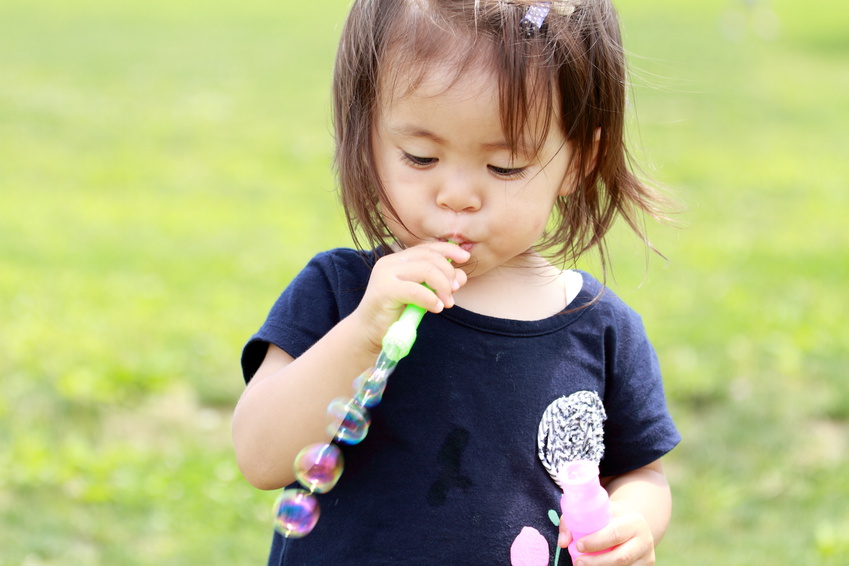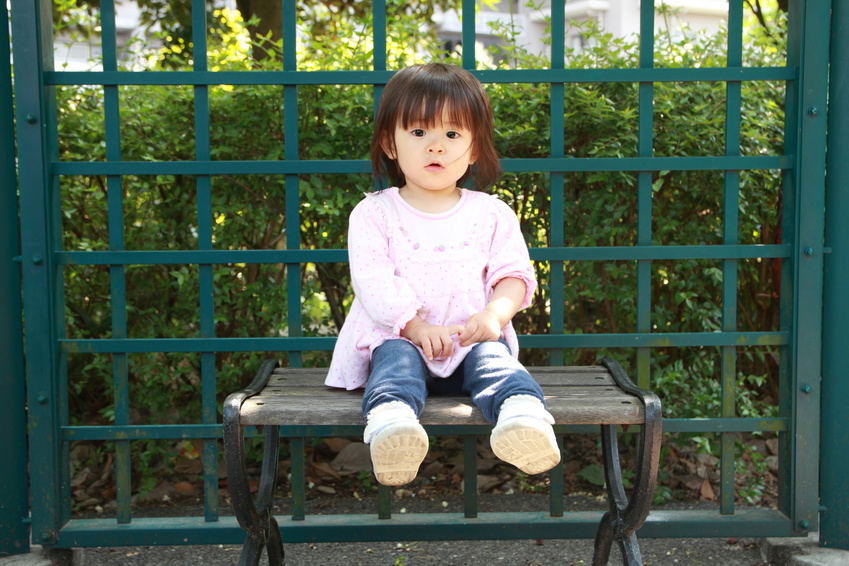The Problem with Consequences for Young Children
If you have a preschooler you will know they don’t pause or think twice before acting or reacting. In the heat of the moment they won’t tell you one part of them wants to scream at you while the other side of them thinks they should use their quiet voice instead. They don’t contemplate or reflect before they act, they are moved by their impulses, emotions, and instincts unless they are following an adult who is directing them. They are like fast cars without any brakes and tricky steering systems.
 The preschooler’s impulsive way of being in the world is not a mistake or a deficit in them but part of a natural developmental plan. For healthy brain development to unfold, a young child can only attend to one set of signals, emotion or thought at a time. Like a horse with blinders on, they only see the thing/person/emotion that is right in front of them. This allows them to make sense of their world one piece at a time before allowing the full picture to come into view. It is ironic how young children live in the moment while adults spend time and money trying to recapture this same experience.
The preschooler’s impulsive way of being in the world is not a mistake or a deficit in them but part of a natural developmental plan. For healthy brain development to unfold, a young child can only attend to one set of signals, emotion or thought at a time. Like a horse with blinders on, they only see the thing/person/emotion that is right in front of them. This allows them to make sense of their world one piece at a time before allowing the full picture to come into view. It is ironic how young children live in the moment while adults spend time and money trying to recapture this same experience.
Why Preschoolers Lack Emotional Control
Adults can sometimes struggle with the lack of emotional control in young kids, even taking their actions personally. The pre-frontal parts of the brain responsible for a child’s impulse control will ideally mature between the ages of 5 to 7 for most kids, or 7 to 9 years for more sensitive ones. Until the 5 to 7 shift occurs giving rise to more sophisticated brain integration, a young child will have little to any braking capacity when stirred up emotionally.
As a young child’s brain develops and integrates, they will start to show signs of mixed feelings, thinking twice before reacting, reflecting, and being able to consider the impact of their actions on others. The young child will start to be able to hold two things in mind at the same time – their action and the consequence of it. They will be able to keep a secret, tell boldface lies, and even understand the puns in knock knock jokes. They may start to pause before they react, or shudder, shake, but not erupt as they once did. For example, one five- year old child said to her father after screaming at him, “I am sorry Daddy, I tried to hold it in but my neck couldn’t take it any longer.”
Consequences Don’t Work Because Young Children Don’t Think Twice
Parents routinely give young children directions on how to behave such as, “use your words instead of hitting,” or “promise me you won’t scream like that again.” While a child may eagerly obey with good intentions to do as requested, these instructions seem lost again in the heat of the moment. This isn’t intentional but developmental as they lack impulse control, don’t think twice, and are focused on the moment and not on the outcomes of their actions. While the consequences of their actions may dawn on them after, it certainly doesn’t stop them from reacting in the moment because they are singular in focus. We need to keep giving them directions while also remaining cognizant that they live in the moment and not in the outcome based world like we do.
 Giving a preschooler discipline that is consequence based has little effect in changing their behaviour and can create an adversarial relationship. What is often eclipsed from view is how their lack of brain development makes consequences ineffective.
Giving a preschooler discipline that is consequence based has little effect in changing their behaviour and can create an adversarial relationship. What is often eclipsed from view is how their lack of brain development makes consequences ineffective.
Consequences don’t teach young children to be mature, it is the 5 to 7 shift that brings to a close the majority of their untempered, impulsive behaviour. They will increasingly be able to think before they speak or act. It is then they will consider the impact of their behaviour before acting on a more consistent basis. For example, a six year old child paused and said with frustration to his mother, “I don’t want to brush my teeth but I also don’t want to get cavities either.” It is as if all the years of telling them why we want them to act or behave a certain way ‘sinks in’ and they can start to realize their good intentions. If a child does not have good intentions and doesn’t want to follow the directions of their adult, there is little discipline that will be able to change this. Kids follow the people they are attached to and who care for them, it is our relationship with them that allows us to point a child in the direction we want.
There is a lot of dignity realized for a young child who enters the ‘age of reason’ between 5 and 7 and realizes they actually do have a steering wheel and a braking system to temper all of their strong emotions and behaviours. Some of the best discipline strategies with young kids are simple – supervision by adults who can collect and direct the child appropriately, and in soliciting their good intentions. Until then, the best bet for an immature young child is to be attached to an adult who is mature.
For more information on discipline that is attachment based and developmentally friendly for young kids, see Chapter Ten in Rest, Play, Grow: Making Sense of Preschoolers (or anyone who acts like one) and/or take the Neufeld Institute course, Making Sense of Discipline with Dr. Gordon Neufeld.
Deborah MacNamara, PhD is on faculty at the Neufeld Institute and in private practice working with parents based on the relational and developmental approach of Gordon Neufeld, PhD. She is the author of Rest, Play, Grow: Making Sense of Preschoolers (or anyone who acts like one). Please see www.macnamara.ca for more information or www.neufeldinstitute.org.





